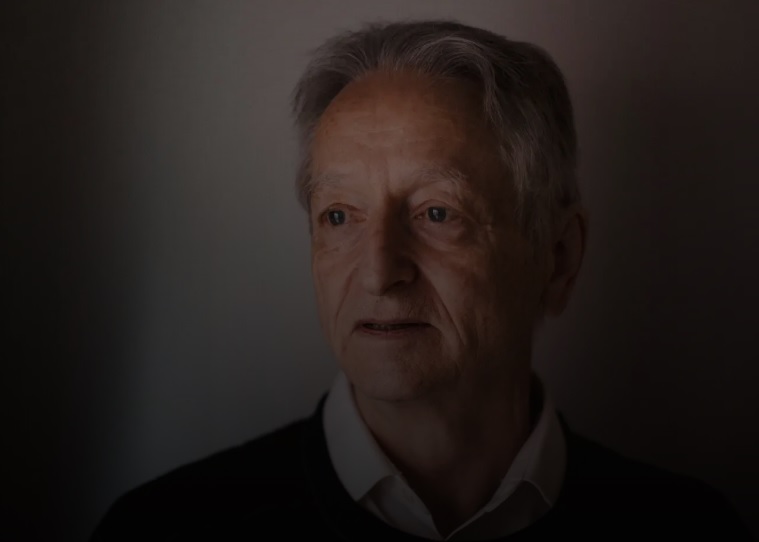
‘Godfather of AI’ quits Google and gives warning about the future of technology
Geoffrey Hinton, known as the “godfather of AI”, has quit Google with a warning about the dangers the technology poses, reports the Independent.
Geoffrey Hinton worked at Google for more than a decade and developed technology that paved the way for current AI systems such as ChatGPT.
However, the tech expert has since quit the company so that he could sound the alarm about the dangers of artificial intelligence.
He told The New York Times that he regrets the work he contributed to the field. “I console myself with the normal excuse: If I hadn’t done it, somebody else would have,” he said.
In the short term, he fears the technology will mean that people will “not be able to know what is true anymore” because of the proliferation of fake images, videos and text, he said.
But in the future, AI systems could eventually learn unexpected, dangerous behaviour, and that such systems will eventually power killer robots. He also warned that the technology could cause harmful disruption to the labour market.
“The idea that this stuff could actually get smarter than people — a few people believed that,” he says. “But most people thought it was way off. And I thought it was way off. I thought it was 30 to 50 years or even longer away. Obviously, I no longer think that.”
He warned that regulation is required to ensure that companies such as Google and Microsoft do not get locked into a dangerous race. Those companies might already be working on dangerous systems in secret, he suggested.
“I don’t think they should scale this up more until they have understood whether they can control it,” he said.
Dr Hinton is not the first artificial intelligence expert to sound the alarm on the dangers of the technologies that they have built. In recent months, two major open letters warned about the “profound risks to society and humanity” that it poses, and was signed by many of the people who had helped create it.
Like many others, Dr Hinton said he had become more concerned about the risks of the technology over the last year, with the development of technologies such as OpenAI’s ChatGPT and Google’s Bard. His view changed when he came to believe that the systems were beginning to behave in ways that were not possible in the human brain.
“Maybe what is going on in these systems is actually a lot better than what is going on in the brain,” he told the New York Times.
That is likely to become even more true in the years to come, as companies further refine and train their AI systems. As they do, the systems become more dangerous, he fears.
“Look at how it was five years ago and how it is now,” he said of the technology. “Take the difference and propagate it forwards. That’s scary.”
